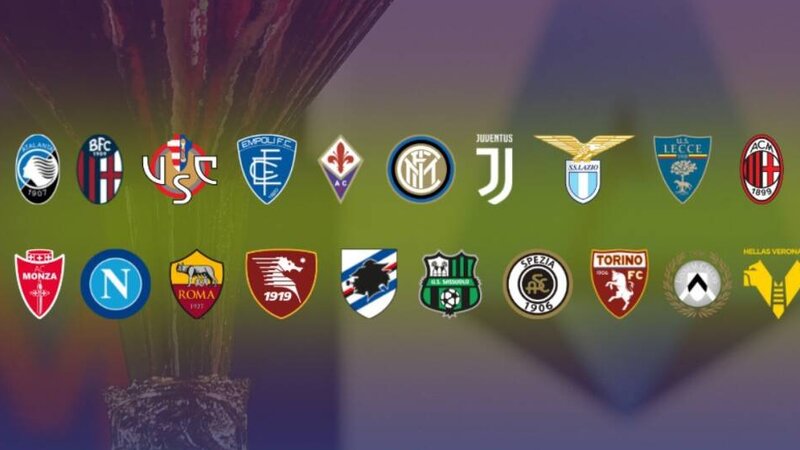
In a significant setback for Serie A's aspirations on the European stage, Juventus' recent elimination from the UEFA playoffs has dealt a blow to the league's hopes of securing a coveted fifth Champions League spot. This development not only affects Juventus but also reverberates across the Italian top flight, impacting the league’s UEFA coefficient and, by extension, its international standing.

Juventus’ European Campaign: A Disappointing End
Juventus, a perennial powerhouse in European football, faced unexpected challenges this season. Despite a strong domestic performance, their exit from the UEFA playoffs marks an abrupt end to their continental campaign. This elimination signifies more than just a missed opportunity for Juventus; it is a blow to Serie A's collective push for higher representation in the Champions League.
The Italian giants' failure to advance could result in a dip in Serie A's UEFA coefficient, a critical metric used to determine the number of teams a league can send to European competitions. Juventus' inability to progress further denies crucial coefficient points that could have bolstered Serie A's position among Europe's elite leagues.
Serie A's UEFA Coefficient: The Struggle for Supremacy
The UEFA coefficient system ranks leagues based on the performances of their clubs in European competitions over a five-year period. Currently, Serie A sits in a competitive position but faces stiff competition from other top European leagues. With Juventus out, the onus now shifts to other Serie A teams still in European contests to carry the torch.
As noted by OneFootball, Juventus' elimination is a significant hit to Serie A's chances of increasing its Champions League spots. This setback arrives at a time when Italian clubs are keen to expand their influence and reclaim past glories on the European stage.
The Path Forward: Strategies for Italian Clubs
For Serie A to enhance its UEFA ranking and secure additional Champions League positions, its clubs must consistently perform well in European tournaments. Clubs like Napoli, Inter Milan, and AC Milan are now tasked with not only advancing deep into the competitions but also securing victories against high-ranking European opponents.
Tactically, these teams might need to adapt by:
- Strengthening Squad Depth: Ensuring there is sufficient quality in the squad to compete on multiple fronts.
- Innovating Tactically: Depending on versatile formations that can be adjusted based on the competition and opponent.
- Youth Development: Investing in young talents can provide a competitive edge, as seen in leagues that prioritize youth.
Impact on Italian Football's Global Standing
Juventus' exit could have implications beyond just UEFA rankings. The club's absence from the latter stages of the Champions League may affect the global perception of Serie A, potentially influencing everything from international broadcasting deals to sponsorship opportunities.
The onus is now on remaining Italian clubs to elevate their game. As SuperSport reports, the Italian league's reputation is increasingly hinging on the ability of its clubs to compete effectively on the European stage.
Conclusion: A Call to Action for Italian Clubs
Serie A’s road to regaining its former glory in European football is fraught with challenges. Juventus’ elimination underscores the need for collective efforts from all Italian clubs. The league's stakeholders must strategize effectively to capitalize on remaining European fixtures. By doing so, they can not only boost their UEFA coefficients but also restore Serie A's status as a dominant force in European football.
In this pivotal moment, the resilience and tactical acumen of Serie A clubs will be tested. The journey to secure more Champions League spots is as much about strategic planning off the pitch as it is about performances on it.